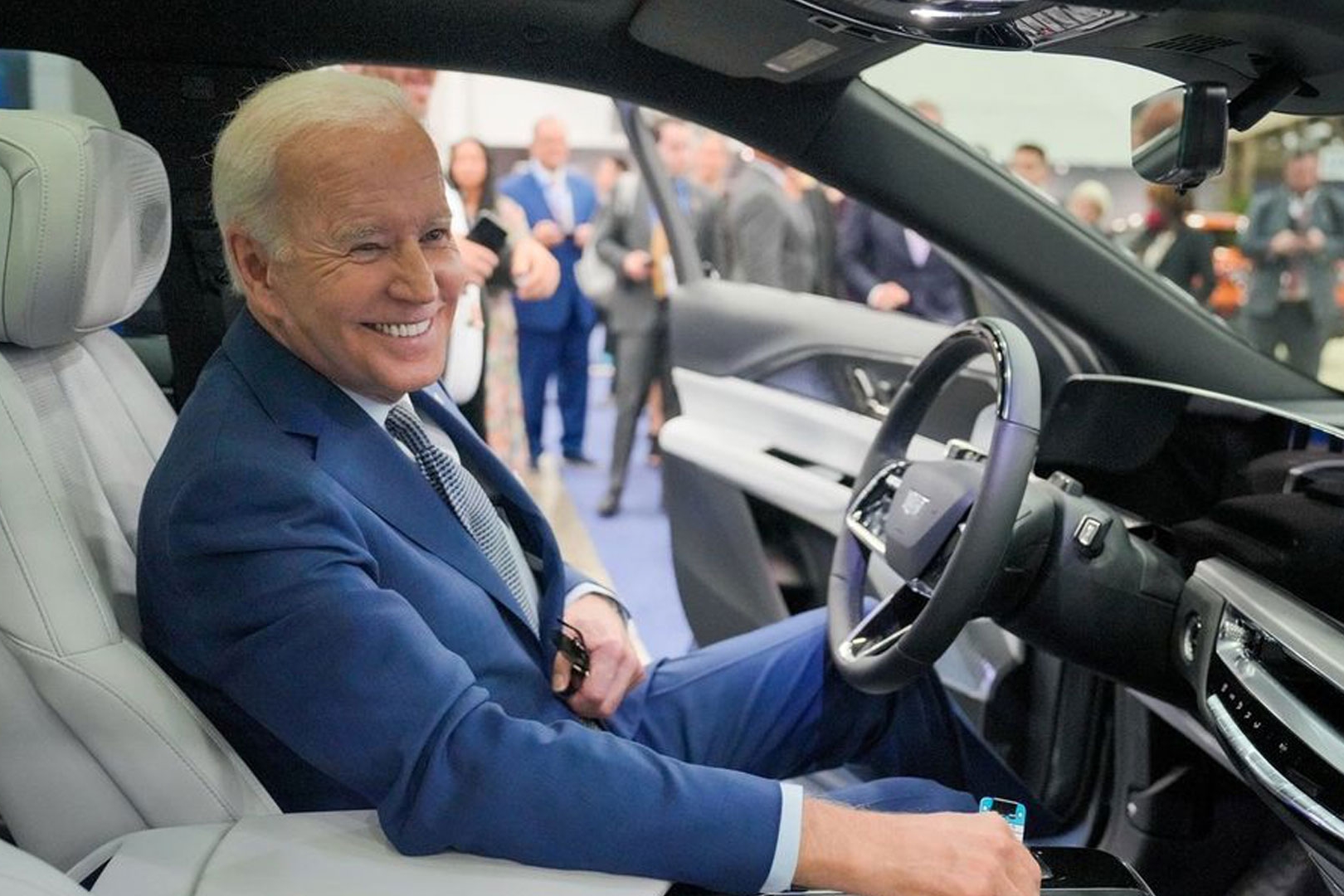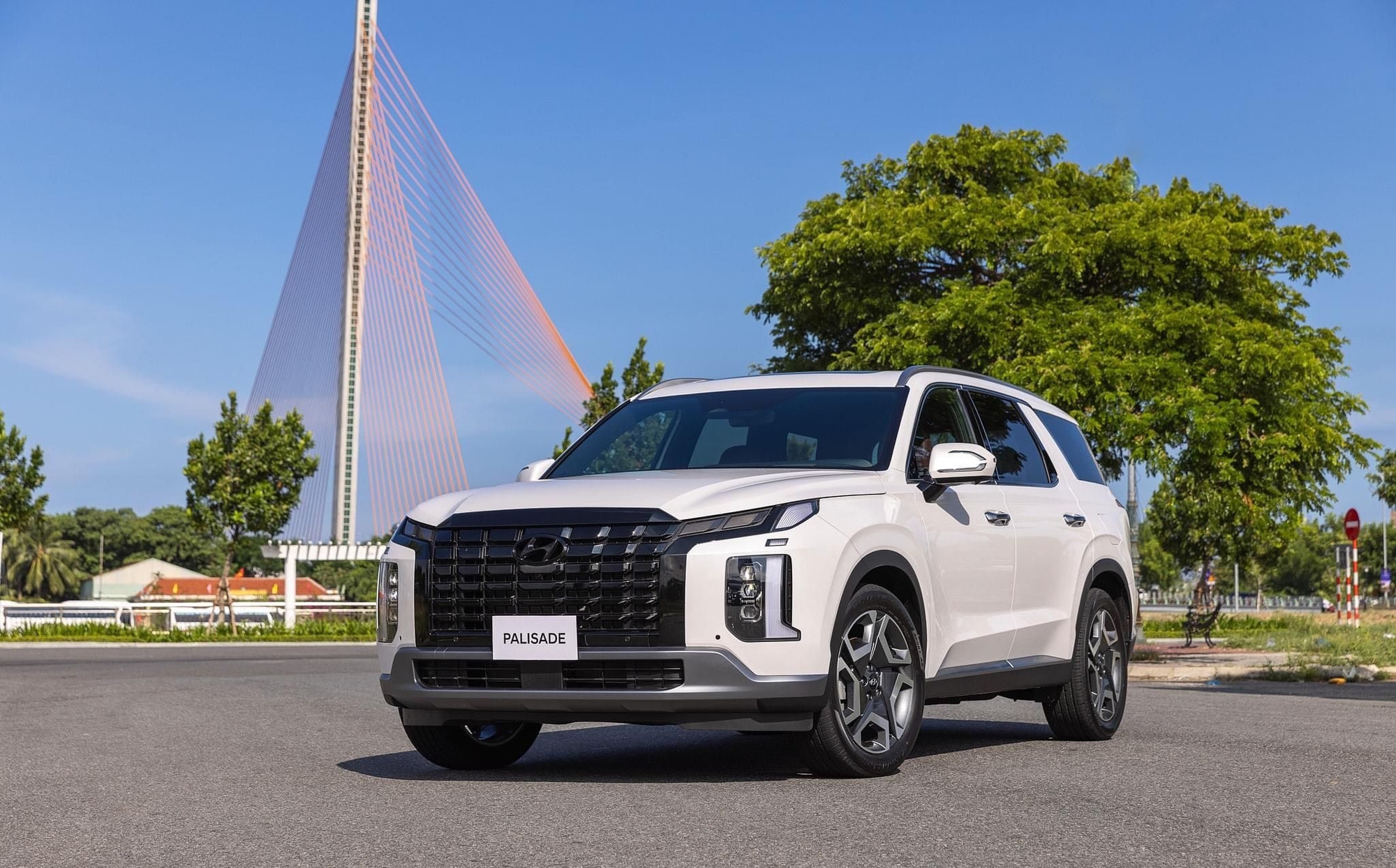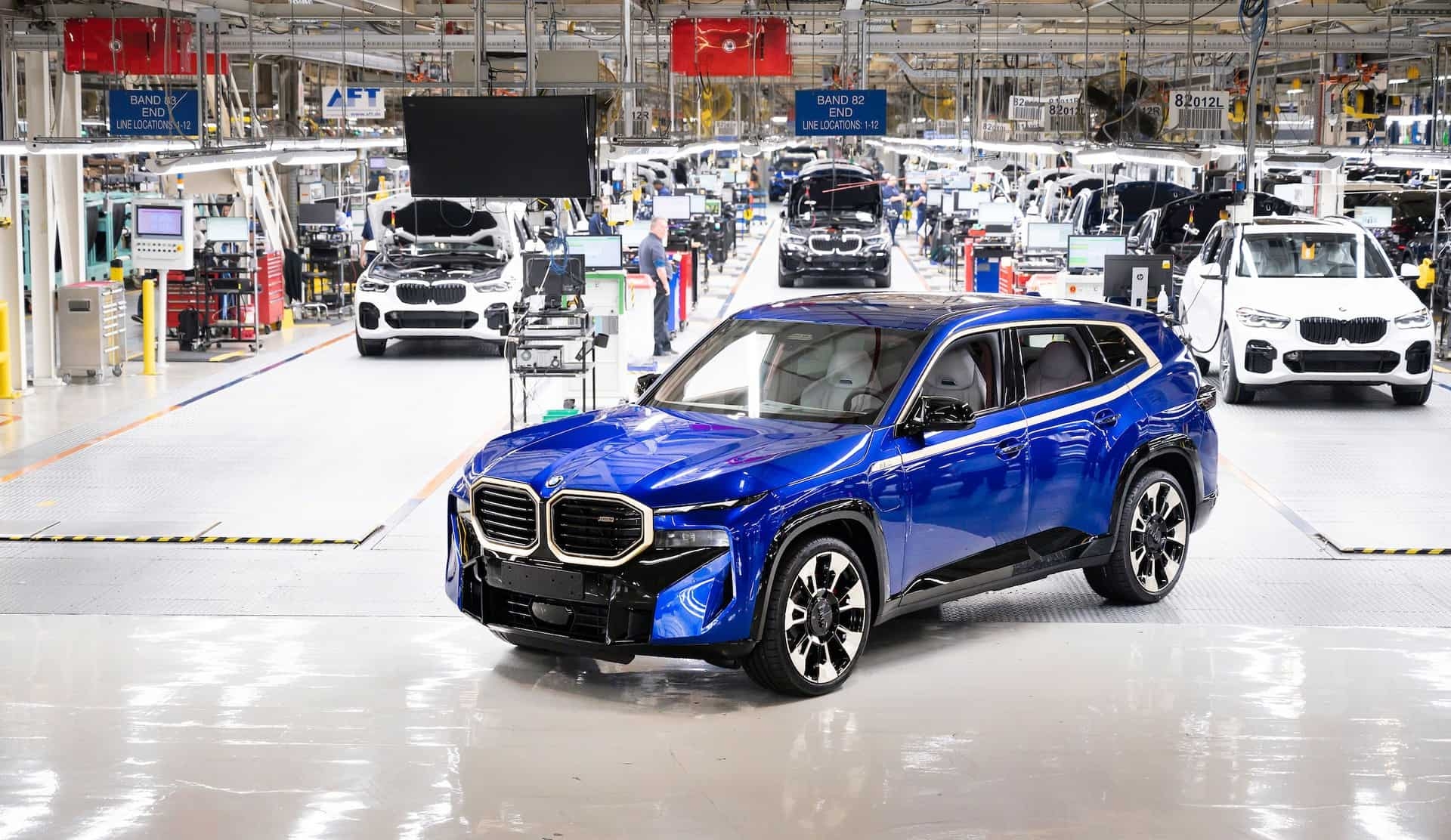The US government is expected to introduce new regulations for vehicles with connections to China. Hyundai-Kia appears to be strategizing to mitigate the impact of these regulations on their models, including the Ioniq 5 and Kona.
The Biden administration has recently imposed a 102% tariff on Chinese-made electric vehicles, citing the need to prevent an influx of cheap imports.

The over 100% tariff targets not just Chinese brands but also any “China-connected” vehicles. Photo: The Morning Times
These new regulations target all vehicles with connections to China, citing potential national security threats through data leaks.
Preparing for the Future
“Hyundai Motor and Kia must prepare for the worst by reducing their reliance on China and expanding their supply chain to other countries such as Vietnam,” said Lee Ho-geun, a professor of automotive engineering at Daedeok University, to The Korea Times.
“The US may regulate any vehicle equipped with parts from China. In this scenario, Korean carmakers would be severely affected, so they need to work harder to decrease the proportion of Chinese auto parts,” he added.

Experts suggest that Hyundai-Kia should seek production alternatives outside of China, such as Vietnam. Photo: Hyundai
According to this expert, even though expanding production in alternative markets may increase costs in the short term, maintaining the status quo will result in significant long-term financial burdens for Hyundai-Kia.
Kim Pil-soo, a professor of automotive technology at Daelim University, agrees, stating, “It is mandatory to keep diverse scenarios in mind as the US administration has not shared any specific regulatory guidelines, nor has it clarified what constitutes a ‘connected’ vehicle.”
Hyundai is not the only company seeking to diversify to reduce the impact of tariffs and new regulations related to imported cars and parts.
Focus on Diversification
BMW announced at its recent annual shareholder meeting that it is focusing on expanding production in countries like Hungary, Mexico, the US, and China.
The company hopes this will enable it to increase production of upcoming models, including the refreshed X3, and avoid delays that could impact their competitiveness.

Many automakers are also planning to establish production facilities in multiple locations to mitigate risks. Photo: BMW
Volkswagen and Honda have also announced new plants in the US and Europe, partly due to IRA incentives that encourage automakers to reconsider their production locations.
The ever-changing political landscape makes it crucial for automakers to have multiple production sites and parts supply sources to ensure a smooth manufacturing process.












